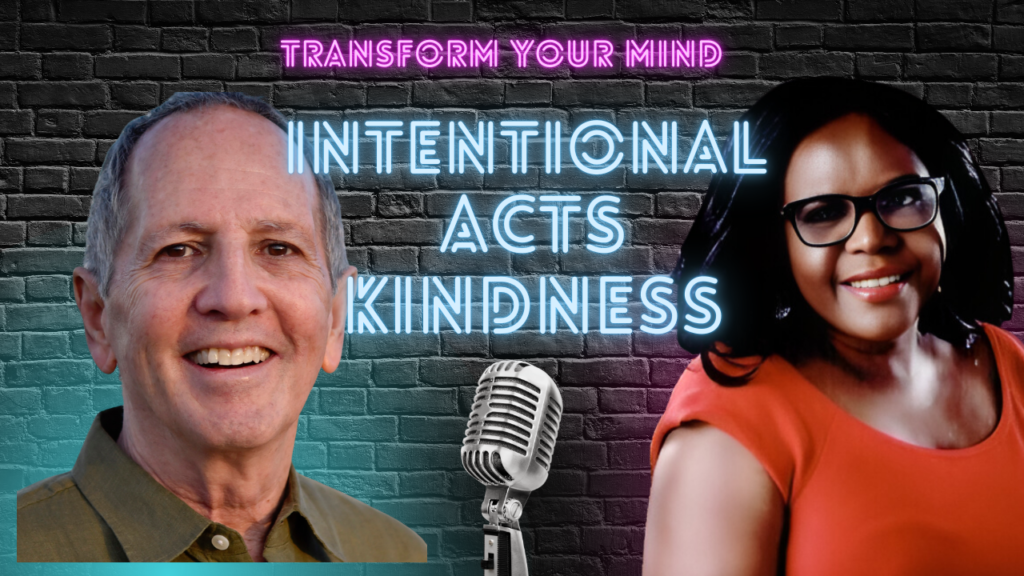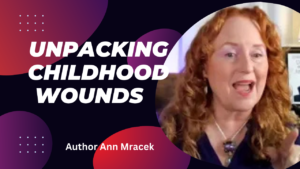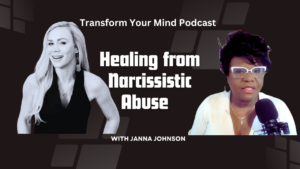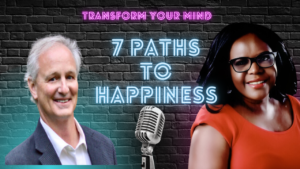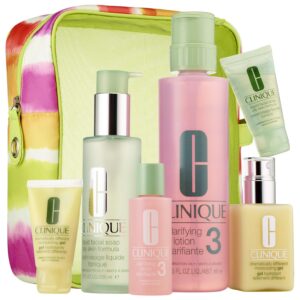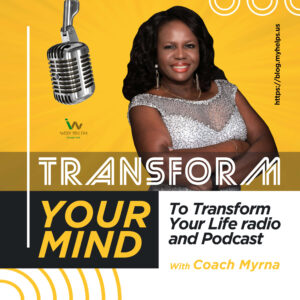Host Myrna Young explores the power of intentional acts of kindness with guest Alan S. Questel, author of “Practice Intentional Acts of Kindness and Like Yourself More.” They delve into the transformative effects of kindness on self-healing and relationships. Using personal anecdotes, Alan illustrates how everyday actions and concrete practices can foster generosity and compassion. They discuss overcoming internal barriers to self-kindness and the importance of courage in setting boundaries and asking for what we need. The conversation highlights the profound impact of intentional kindness on personal growth and well-being.
Download the podcast here:
Key Takeaways
Kindness as a Catalyst for Self-Healing: Intentional acts of kindness can promote emotional and physical healing.
Practice and Intentionality: Building kindness into everyday life involves intentionality, courage, and consistent practice.
Overcoming Self-Barriers: Liking oneself and being kind to oneself are foundational to authentic kindness towards others.
Myrna Young and her guest, Alan S. Questel, explore the profound topic of kindness in an engaging and enlightening conversation. As they unpack the power of intentional acts of kindness, their discussion reveals how kindness can be a catalyst for self-healing, promote community well-being, and enrich our emotional lives. Alan Questel shares experiences and insights that illuminate the path toward living a kinder, more fulfilling life, both for ourselves and those around us.
The Healing Power of Intentional Acts of Kindness
In this discussion, Questel and Young bring up the profound impact kindness can have on emotional and physical well-being. Questel shares a poignant discovery from reading “The Rabbit Effect,” where test rabbits experienced improved health outcomes simply because they were nurtured with care and affection by the technicians. This tale underlines that “the intentional acts of kindness changed the biology of what was happening in these animals,” suggesting that humans, too, can harness kindness for healing.
Young extrapolates this idea by comparing it to forgiveness, suggesting that kindness could similarly repair emotional wounds. She shares her own experiences of meditative practices to let go of grievances—opting for peace and emotional healing over harboring negative emotions. Young reflects, “I chose the miracle,” underlining how acting with kindness can transform personal grievances into opportunities for growth and forgiveness.
The discourse on kindness pivots around its potency in reshaping lives by healing both the giver and the receiver. This cycle creates an empowering feedback loop of positive emotional and physiological responses. Kindness, therefore, is not just a moral choice but a pragmatic one, reinforcing well-being and emotional health.
Cultivating Kindness Through Practice and Intentionality
Questel emphasizes that for kindness to effectively manifest in daily life, it must be both intentional and practiced consistently. He offers practical advice on grounding kindness in everyday actions: “to say I’m going to be kinder is too grand. I don’t know where to begin with something like that.” The key, he suggests, lies in manageable, everyday tasks. For instance, Questel advises focusing on simple, reliable actions like brushing one’s teeth meticulously or choosing to do small helpful tasks consistently.
Young and Questel both highlight that courage is often needed to implement kindness, especially when it involves stepping beyond our habitual self-image or comfort zones to extend generosity or compassion. Questel humorously shares attempting kindness through everyday routines: “I decided I’m going to get good at one thing. And I chose brushing my teeth.” Such small but deliberate acts can become a gateway to broader compassionate engagements.
Their discussion pivots on the idea that persistent practice of kindness cultivates authenticity over time. This journey from intention to habit underlines the transformative power of continuous, small acts of kindness—and its potential to reshape self-perception and relationships.
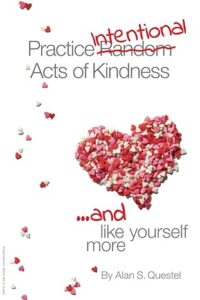
Overcoming Self-Barriers to Embrace Intentional Acts of Kindness
The conversation also delves into the critical need to be kind to oneself as a precursor to genuine kindness towards others. Questel candidly admits his struggles in understanding self-kindness, acknowledging that “many people who are so kind to others have such difficulty being kind to themselves.” The internal journey toward self-acceptance and self-love is essential; without this foundation, kindness extended to others may lack depth or sustainability.
Young and Questel touch upon cultural and personal barriers that impede such self-directed kindness. Young notes how women often struggle with receiving as opposed to giving, which reflects deeper societal conditioning. Questel, in a humorous yet insightful anecdote about stealing items he couldn’t ask for, underscores the importance of learning to ask and receive, as integral acts of self-love.
There’s a recognition that authentic kindness starts with recognizing one’s own value and needs. The journey of becoming kind, therefore, involves as much internal work as it does external. It’s a commitment to practicing intentional acts of kindness—not as an occasional act, but as a lived philosophy, transforming one’s relationship with oneself and, by extension, with others.
The deep dive into kindness with Myrna Young and Alan Questel reveals that kindness is an intricate tapestry woven through intention, practice, and the courage to overcome self-imposed barriers. By exploring kindness in this multifaceted way, they highlight how intentional acts not only heal and transform relationships and communities but also empower individuals to live more authentically and joyfully. Their conversation acts as an empowering call-to-action for us all to embrace kindness, initiating a profound shift in our lives and worldviews.

